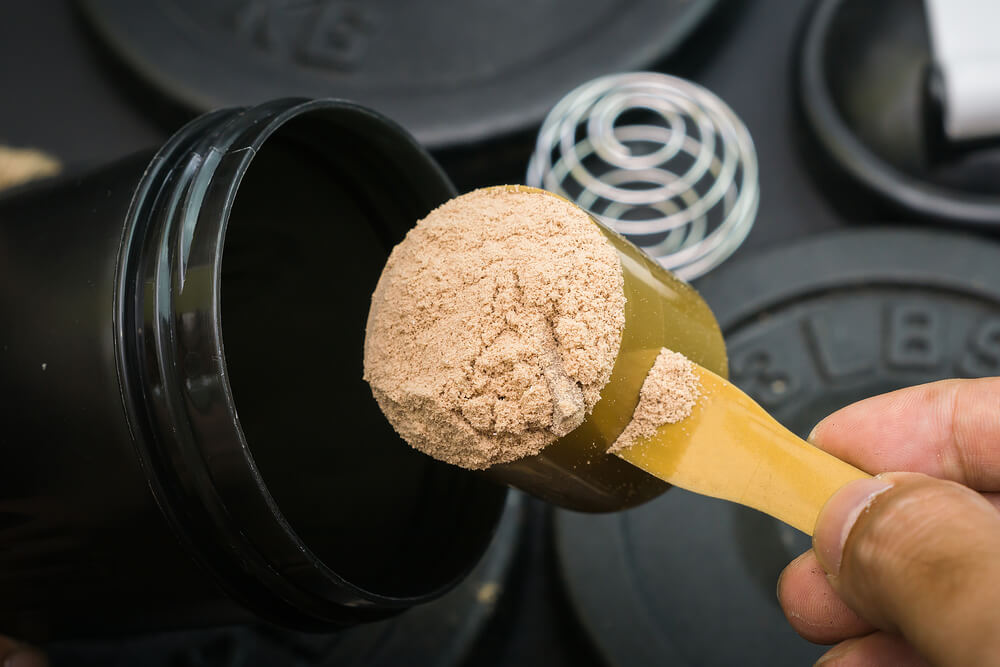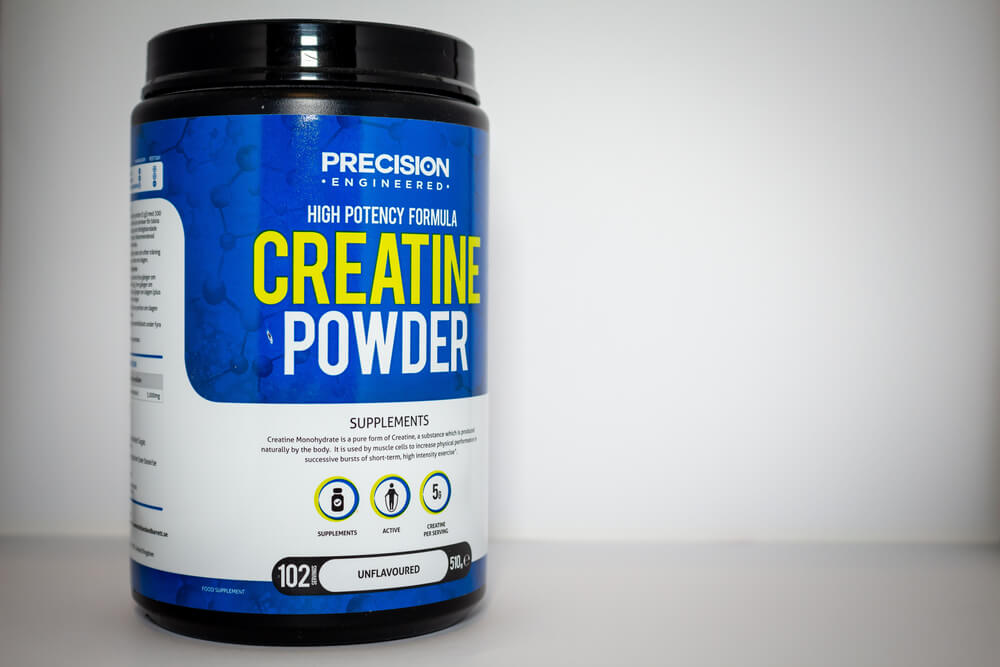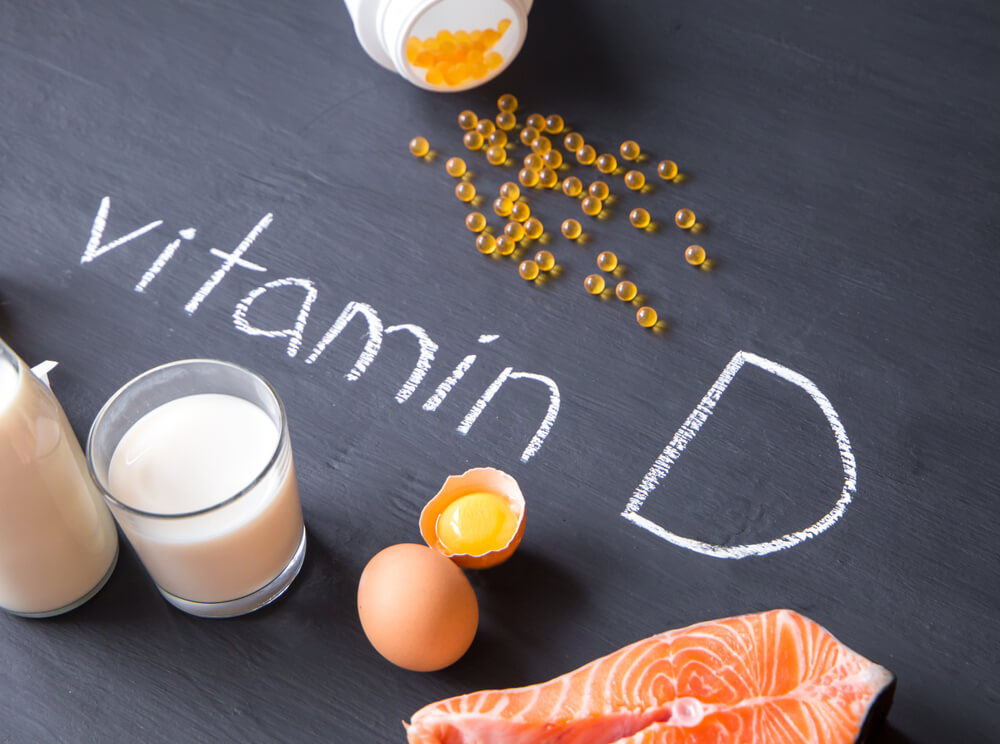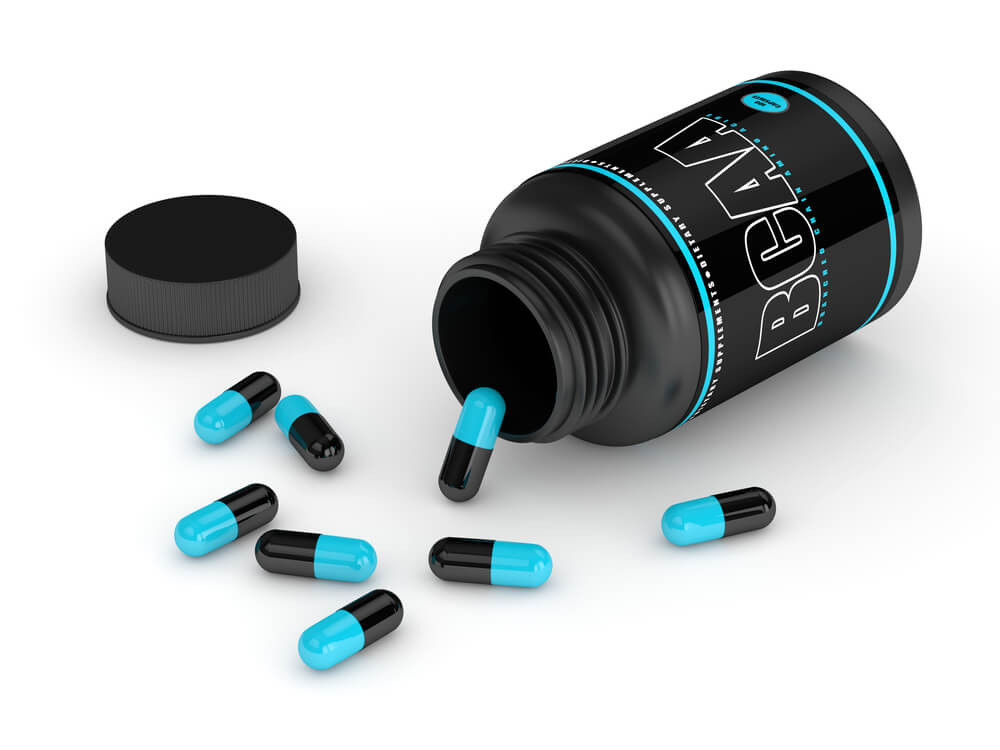Supplementation helps take your workout to the next level. It allows you to squeeze out every ounce of performance and maximizes your effort. While supplementation should never be viewed as a replacement for working out and exercising (there is a reason why it is called a “supplement” and not a “replacement”), it can help you reach new fitness goals.
However, the biggest issue with supplements is the sheer volume available. If you walk down the supplements section of your grocery store it is pretty easy to feel overwhelmed. There are even entire stores that sell thousands of supplement items, and if you’re not careful, you’ll walk out of the store either scratching your head, or with a dozen shopping bags full of supplements the cashier talked you into.
Instead, the best way to go supplement shopping is to understand what you’re looking for and what supplements will help you achieve your goals. While fitness goals ultimately are up to you, here are some of the best supplements to consider and what you should look for when you buy.
Protein Supplement

As this is by far the most used supplement it is the first product to stop and consider. Protein is an excellent supplement for a number of reasons. First, protein has fewer calories per gram than fat and most carbs, so you’ll be able to feel full for longer (not to mention you’ll eat less protein than you will of other foods). This alone makes it an excellent dietary supplement.
If you’re looking to bulk up and add muscle mass you’ll want to likely increase your protein intake, and eating foods high in protein isn’t always an option. You’d either be forced to eat a lot of high protein/low calorie foods (such as seafood or chicken), and this quickly becomes expensive. You also don’t exactly have the kind of money to just go out and purchase a full chicken for every single meal. This makes protein an excellent supplement and meal option.
Of course, there are all kinds of protein options to choose from, so which is right for you?
Well, let’s first dive into some of the more popular selections and then break it down from there. Whey is the most common protein. It is also one of the least expensive options. If you don’t have any dietary restrictions this is probably the way to go. It has one of the best calorie to protein ratios, so you won’t take in excess calories you are not looking for. The one thing to consider though is that it does contain dairy. If your lactose intolerant or looking to avoid dairy you’ll want to consider a different option.
What other options are there?
The beauty of protein power is there are a number of options for you to choose from based on not only your dietary needs, but also your protein needs. Casein protein, for example, is similar to whey. In fact, it has whey protein in it. However, unlike whey this is a slow digesting protein (where as whey is quickly digested for a faster source of energy).
While slightly higher in calories (typically) casein protein is better for a meal substitute as it will digest longer. It may also be better for a pre-sleep protein drink.
If you are a body builder or looking to put on muscle mass it is a good idea to have protein in your stomach while you sleep. This way your body can draw on the protein while it repairs your muscles. With that said, there are some who might find the slow digestive aspect to cause an upset stomach while left to digestive overnight. Often with protein it is best to test different kinds out to see which works for you.
If you are vegetarian or vegan don’t worry, you can still find protein. Pea protein is a protein that is growing in popularity. Pea has one of the best calorie to gram of protein ratios around. It might not have some of the branch chain amino acids (BCAAs) as dairy and milk based protein (which is helpful for repairing muscles), but it is a quality product to consider.
Whatever protein you decide to go with there are some specifics you need to keep in mind. This goes for whenever you buy sports supplements. Look at the labels of your supplement to see if it combines other supplements. You’re more likely to find this with protein powder, but it can happen with other supplements.
Often protein will include BCAAs, creatine, or even pre-workout enhancements. It is a good idea to know this as you don’t want to double-up on the other supplements (Medical News Today, 2019).
Creatine

In terms of taking your performance to the next level naturally, go with creatine. Your body naturally produces creatine. Think of it as a quick-burst source of energy. When you make an explosive movement, such as a sprint, moving directions quickly on the basketball court, or pushing up that last rep on the bench press, this all comes from creatine. However, your body can only naturally produce so much creatine.
The amount it produces is fine for normal, daily activities, but when working out it simply isn’t enough. That is why you need to add creatine to your list of sports supplements USA products to buy (we highly recommend purchasing products manufacturerd in the United States as you’ll know exactly what is inside the product, not to mention you can trust all the labeling, which is not the case for supplements manufactured in other countries).
Your body’s muscles will absorb creatine and, through prolonged use, you will begin to experience an improvement in your performance.
Creatine isn’t a quick energy boost though. It takes your body some time to begin absorbing creatine and to make it readily available. While you should follow the recommended dosage on the product label, you’ll ideally want to add creatine to your morning supplement regimen and then add some to your pre-workout drink.
On non-workout days stick to the one serving, and on workout days use the two (some labels may also recommend you taking some post workout in order to help replenish the creatine you lost during the workout).
As is the case with the other supplements, check the labeling to see if other supplements have been added into your creatine powder (WebMD, 2018).
Fish Oil

Fish oil has all kind of benefits packed into the pill. Now, there is a “new and improved” fish oil known as krill oil. It packs more of the health benefits into a single pill, but the cost is also often two, three, or even four times as high. So, if you have the cash to splurge, try out krill oil, but if now, good old fish oil is perfectly fine.
So why fish oil?
For starters it delivers the omega-3 fatty acids that your body craves. You’ll find this kind of fatty acid in foods like avocados, nuts, seafood (as you’d assume with a name like “fish oil”), and olive oil. However, fish oil doesn’t have the kind of calorie count as the other options, which makes it that much more beneficial.
Fish oil also helps with inflammation. Following a workout your muscles will be inflamed due to you tearing the fibers during the exercises. Your body will repair the muscle fiber, but you shouldn’t work those muscles out until the tissue has fully healed. If you work the muscles that are still in the process of healing you’ll only tear down the fiber further, which stunts growth and prevents you from reaching your muscular potential.
With fish oil the muscle fibers will repair faster, which in turn allows you to get back into the gym sooner and hit those muscles harder. This is on top of fish oil being good for your heart and cardiovascular system, so there really is no reason why you shouldn’t be using this as a supplement (Healthline, 2019).
Calcium and Vitamin D

We paired these two together because you can typically find a supplement that combines the two. You probably already know the benefits of calcium and how it helps fortify your bones. If you’re going to be working with heavy weights you absolutely need to have the strongest bones possible.
Plus, as you age your body will not repair your bones as quickly, which is why so many individuals struggle with brittle bones in their elder years. Calcium helps with this. You also are likely not consuming as much calcium as you should be. Even an everyday multi-vitamin might only have 10 or 25 percent of your daily calcium. This supplement will help.
Vitamin D also helps with your bones (it probably doesn’t receive as much attention as it should, but Vitamin D absolutely is a must for bone and muscular health). It also helps you defend against the common cold and recover sooner from being sick. In many ways, Vitamin D is over shadowed by Vitamin C and Calcium, but it very much is the best of both worlds.
Your body does absorb Vitamin D from the sun, but if you live a cold weather climate, or in an area that sees heavy cloud cover at different points of the year there’s a good chance you’re not getting the kind of Vitamin D you need. But with this kind of supplement you won’t have to worry about that (National Institutes of Healthy, 2019).
Branched-Chain Amino Acids

We touched on BCAAs a bit earlier, but it is worth mentioning it as a must-have supplement to buy. BCAAs are made up of three different kinds of amino acids. The three are isoleucine, valine, and leucine. These amino acids are found in animal-based proteins, such as dairy, meat, poultry, and fish. It is why most meats are known as “complete proteins.” Plant based proteins typically do not have complete BCAAs, although there are a handful that do.
There are a number of benefits behind adding the BCAA supplement to your daily regimen. First, it does help reduce muscle loss. Your body will pull energy in the form of either fat cells or muscle cells. With BCAAs you’ll safeguard your muscle cells. It also helps if you’re forced to reduce the intensity of your workout for whatever reason (maybe you injured yourself and can’t go hard for several weeks, or you’re in a quarantine situation and you can’t go to the gym like you normally would).
BCAAs only really work though if you’re consuming enough protein. If your protein amount is lacking your body will begin to consume muscle cells for energy regardless. This is why BCAAs are often added to protein powders. And with this in mind, check your protein labeling to determine if you need to add more BCAAs to your pre-workout drink or if you already are getting enough that is included with the protein powder (Medical News Today, 2019).
Caffeine

This might be one supplement you’re already taking on a regular basis just to get through the day. Well, it’s also a great supplement just before your workout. We don’t recommend overdoing the caffeine thing (give your heart a break from time to time).
However, with it in your system pre-workout you’ll boost your blood flow throughout the body, which in turn helps boost energy and oxygen delivery to the rest of your body. Most fat burners and pre-workout supplements are already packed with caffeine anyway (Healthline, 2018).
Conclusion
There are all kinds of supplements available. We always recommend talking to your primary healthcare provider whenever possible about supplementation, especially if you have any health conditions. These are some of our favorite supplements, but there are others out there that will help, depending on your body type, what you’re looking to accomplish with your workouts, and the kind of exercises you are performing.
Whatever you do, just make sure to read over the labels and to follow the recommended dosage instructions. This will keep you safe and ensure you’re maximizing the supplement potential.
-Terry Asher
Terry Asher
Latest posts by Terry Asher (see all)
- Better Family – Product Review Liquid Daily 2 oz - Dec 16, 2024
- Post-Workout Recovery: The Key to Optimal Performance - Nov 25, 2024
- Pre-Workout Supplements – Everything You Need To Know - Nov 18, 2024












[…] Gym Junkies […]
[…] This article was originally published by Gymjunkies.com. Read the original article here. […]
[…] Source link […]
Thank you! I look forward to seeing more news from you, this helps me a lot.